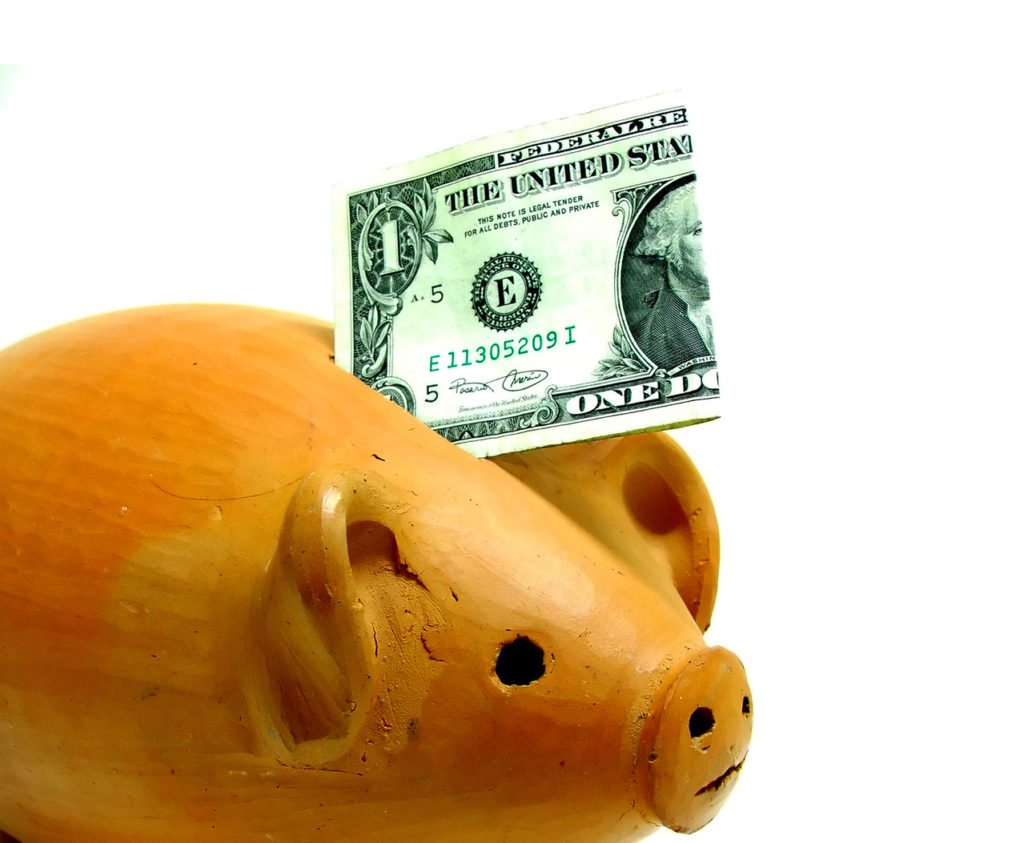What can my FSA card buy?

An FSA or a flexible spending account is an arrangement set up by your employers to help you pay for qualified medical and dental expenses.
Funds contributed to your FSA account are deducted from your paycheck and are not subject to income and payroll taxes.
The funds can be used like a debit card for qualified expenses and are not taxable.
However, the funds in an FSA card must be used up by the end of the plan year. Usually, this falls on March 15 of the following year.
Pros and Cons of FSA
Pros
One of the best reason to open a FSA account is to reduce your taxable income.
Secondly, you can spend these monies toward a qualified medical expenses tax-free
Cons
The funds must be spent through December 31 of year year or a grace period of two and a half months usually ending by March 15 of the following year.
The funds not used up or forfeited, although some plans will allow a $550 carry over.
For medical expense FSA, the limit for each employee is $2,750 and the same amount for a spouse if you’re married.
So what items can you purchase at a drug store or pharmacies with your FSA card?
FSA-eligible items
- Acne light therapy
- Athletic and orthopedic braces and supports
- Breast pumps and accessories
- Blood glucose monitors and testing strips
- Blood pressure monitors
- Condoms
- Contact lenses and supplies
- Denture cream and cleansers
- Eye drops
- First aid supplies and kits
- Glucosamine supplements
- Hot and cold packs
- Incontinence products
- Lip balm
- Motion sickness aids
- Nasal spray
- Pregnancy and fertility tests
- Prenatal vitamins
- Reading glasses
- Shoe insoles and inserts
- Sunscreens with SPF ratings of 15 and above
- Thermometers
- Vaporizers and inhalers
- Walking aids and wheelchairs
FSA-eligible items after CARES act
- Acne medication and treatments
- Antacids and acid reducers
- Anti-arthritis medications
- Antibacterial gels and ointments
- Anti-diarrheal products and laxatives
- Antihistamines and allergy prevention and treatment drugs
- Anti-itch medications and creams
- Cold and flu remedies
- Decongestants
- Diaper rash creams and ointments
- Hemorrhoid treatments
- Incontinence supplies
- Medical supplies
- Medicated lotions and sunscreens
- Medicated personal products
- Menstrual products
- Oral care products
- Pain relievers, including menstrual and migraine relief products
- Sinus products
- Sleep aids
- Smoking cessation products
- Sunscreens with SPF ratings below 15
Final Thoughts
In a way, an FSA account is very similar to an HSA account. I chose not to open an FSA account and instead opted for an HSA account after weighing the pros versus the cons of each account.
However, depending on your situation, a FSA account might be beneficial to you. My main purpose for writing this article is to list the items that are FSA eligible and the additional items that are FSA eligible post CARES act.
As they always say, use it before you lost it!
